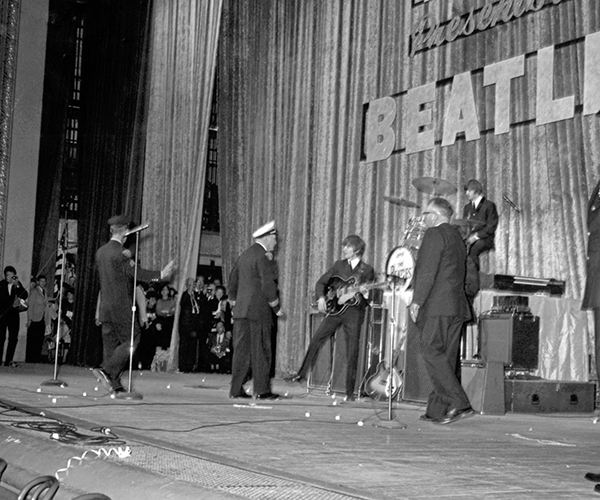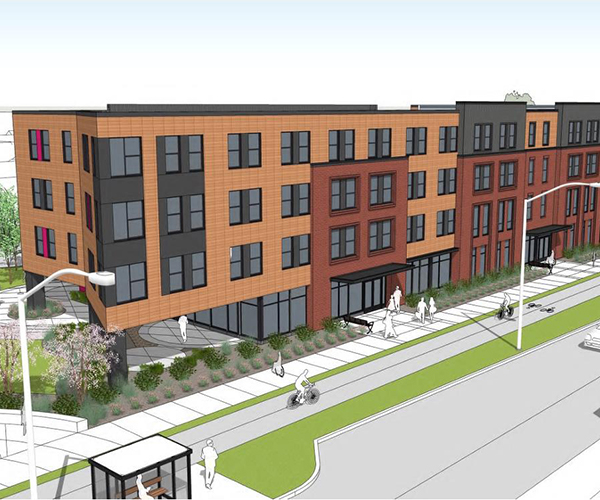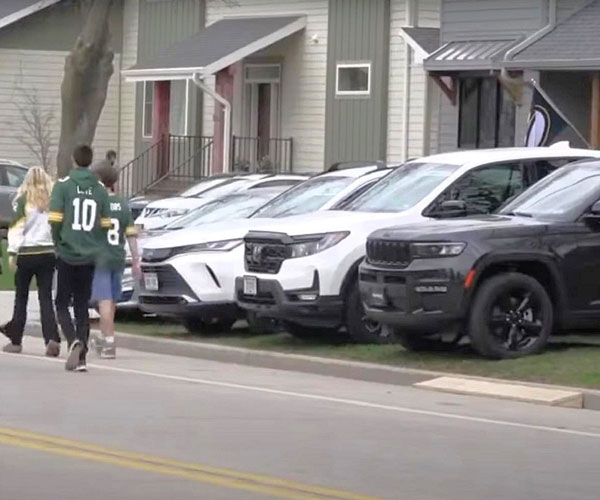There is a crisp aroma of vegetable oil around Satasha Nguyen as she walks through Asia Plaza while on a break from her cooking shift at a nearby restaurant.
Satasha's short black hair is pressed flat and smooth by the hot, grease-filmed air in which she works. And then there's the smoke. Many of the restaurant's patrons are avid smokers, as are many of the workers — except for Satasha.
Until a few months ago, Satasha, 43, a Vietnamese immigrant who speaks through a translator, says she knew she didn't like the smell of cigarette smoke, but was certain she could deal with it. She was told about the designated smoking areas, but watched the vapors between kitchen and dining rooms mingle freely.
Then, Thuy-Ai Nguyen (no relation) showed up. A community organizer with Asian Services in Action (ASIA), it was Thuy-Ai's job to teach people like Satasha that secondhand smoke has more than just a noxious odor. She explained that it also bears 43 known carcinogens that the National Cancer Institute says contribute to the deaths of 65,000 nonsmokers in the United States each year.
ASIA is part of an unprecedented Ohio coalition of four minority groups that banded together earlier this year to educate members of their respective communities about the importance of clean indoor air and energize them to petition Cleveland City Council to eradicate secondhand smoke inside restaurants and bars.
The grass-roots organizing in minority communities makes sense. The U.S. Department of Labor reports that minorities comprise 38 percent of restaurant and bar employees nationwide. People of color also have the highest rate of occupational exposure to secondhand smoke, according to the NCI.
But if it weren't for Thuy-Ai and the Clean Indoor Air Campaign fliers she translated into Vietnamese, Satasha would never have learned this fact or endorsed a campaign to ban smoking in the city's restaurants and bars. Efforts in the local Latino, African-American and Native American communities are seeing similar results at spreading this message to their members.
"It's the first time so many minority organizations are working together so extensively," says Lydia Alejandro, a Latina organizer who translated information into Spanish. "Traditionally, minorities are not part of the process. Nobody asks them."
A grant from the Robert Wood Johnson Foundation, which focuses on health-care issues in communities of color, changed that. In April, ASIA; the Greater Cleveland Health, Education and Service Council (an advocacy group for African Americans); North American Indian Culture Center; and Organización CÃvica y Cultural Hispana Americana banded together in what those involved hope will be a pilot project for political organizing in other cities throughout Ohio.
"[Minority communities] are a very large part of our grass-roots effort," says Elijah Wheeler, coordinator of the overarching Clean Indoor Air Campaign at the Center for Community Solutions. "Before, we were doing basic grass-roots organizing, but with few resources in those communities."
The original Clean Indoor Air Campaign was launched last September, but initially had a tough time spreading its message to Cleveland's minority communities, which make up about 60 percent of the city's population. The coalition's work since April has doubled the mainstream campaign's support. As a result, individual endorsements jumped from 3,000 in April to 7,000 by late August. Commercial endorsements had also climbed from 44 to 70 over the same time period.
At press time, organizers were preparing a final report of recommendations to pass on to City Council when it returned to session Sept. 13. In August, Ward 13 Councilman Joe Cimperman, who represents much of the city's commercial districts, said he had great doubts that the grass-roots campaign had gathered enough support and information to change his mind in favor of the issue. Council president Frank Jackson's office has repeatedly said the anti-smoking ban is not a current priority and that he doesn't expect City Council to consider the issue until early 2005.
But no matter what Council decides, minority-community organizers will go back to collecting more signatures for clean indoor air and continue working together to try to implement change, according to Michael Byun, the tobacco program manager for ASIA.
"In the grand scheme, the effort is to empower the community to address other issues in the future," he says.



